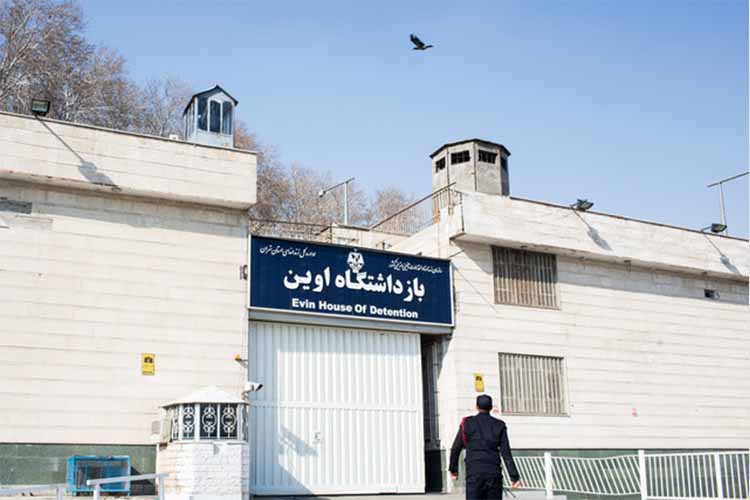November 01, 2019

use a bit of maintenance work.
The appointment of a new warden at Tehran’s Evin Prison has aroused a lot of anger as he has tightened the rules and made life even tougher for the inmates.
Gholam-Reza Ziai was named the new warden of Evin in northern Tehran July 27.
He was unloved even before his arrival. Previously, he was the warden at the Kahrizak Detention Center south of Tehran where five young men arrested during the 2009 post-election protest died. Their death certificates said they died of meningitis. But one father said the body he was given was badly battered with his son’s face shoved in and many teeth missing.
For the last two years, Ziai headed the Rajai Shahr Prison in Karaj, which has long been accused of prisoner abuse and living conditions worse than in most Iranian prisons.
Soon after his arrival at Evin, Ziai showed off his professional philosophy with new restrictions.
Two of Evin’s prisoners sent an open letter October 8 describing the new rules. They are civil rights activist Farhad Meysami and teachers’ rights activist Mohammad Habibi.
They said Ziai has imposed new limits on their phone calls, restrictions on political prisoners’ visitation rights, including blocking visits between children and their imprisoned mothers, and a ban on receiving books and publications.
In a tweet August 29, Sedigheh Pakzamir, a board member of the Iranian Teachers Association, also described some of the restrictions the prisoners are facing.
“Since Ziai’s appointment as the new head of Evin Prison … he has ordered the cancelation of the political prisoners’ weekly visits and instead changed it to once every two months,” Pakzamir wrote.
He added: “In another move, prisoners’ families have been banned from sending books and magazines [to their imprisoned loved ones]. The political prisoners have been banned from participating in the management of the prison’s internal affairs and cannot be chosen as representatives of their ward…. There are restrictions that extend beyond the political prisoners in clear violation of the rules. For instance, prisoners now have to pay for all medical expenses and as a result, ailing prisoners with no means will not be transferred to the hospital.”
